Home>Articles>What Gauge Electrical Cord Should I Use With My Generator
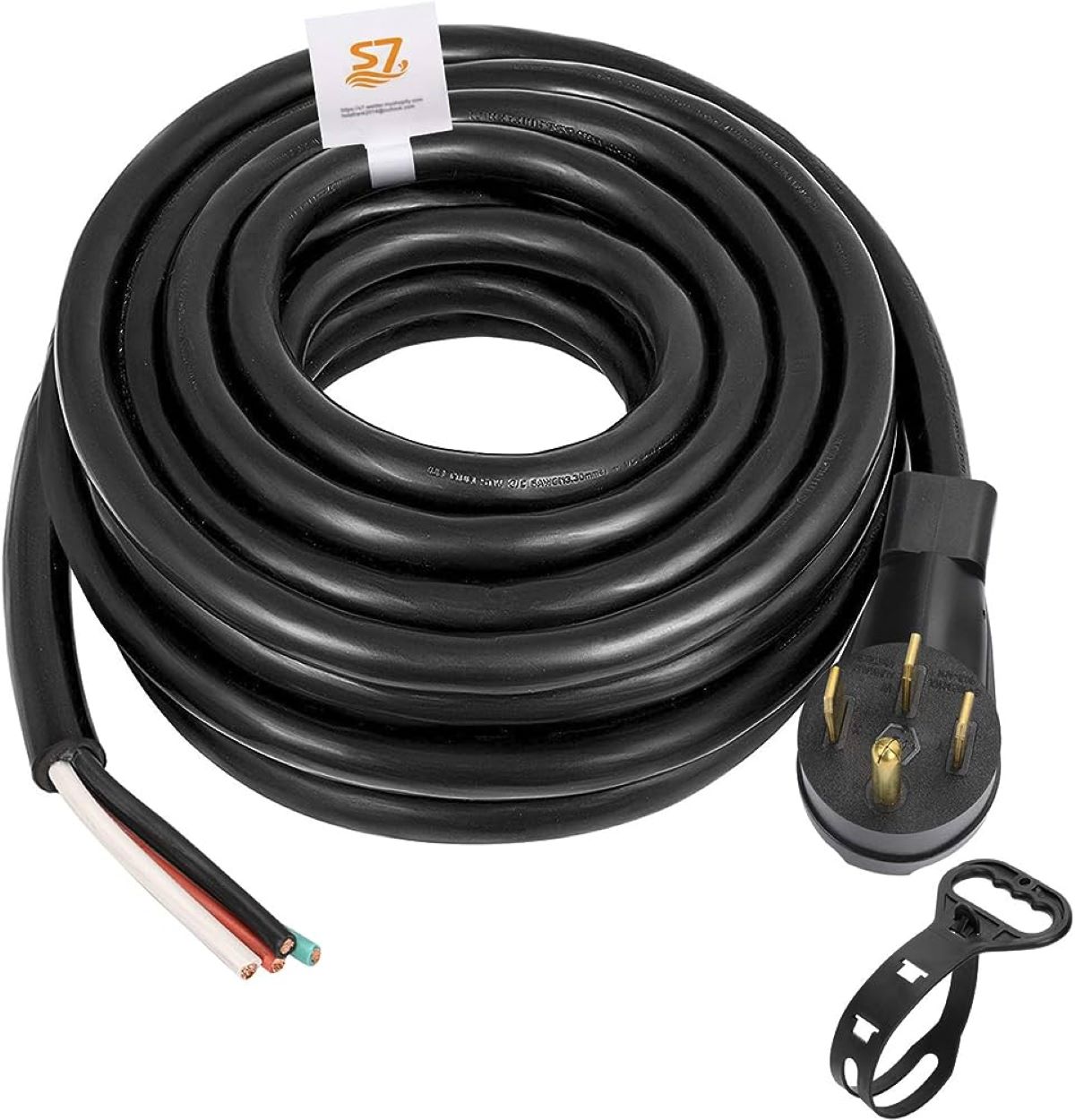

Articles
What Gauge Electrical Cord Should I Use With My Generator
Modified: August 26, 2024
Find out what gauge electrical cord is best to use with your generator. Read our helpful articles to ensure you have the right cord for safe and efficient power distribution.
(Many of the links in this article redirect to a specific reviewed product. Your purchase of these products through affiliate links helps to generate commission for Storables.com, at no extra cost. Learn more)
Introduction
Welcome to the world of generators! Whether you are a seasoned generator user or a newbie looking to power up your life, understanding the importance of using the right gauge electrical cord is crucial for a safe and efficient generator experience. In this article, we will delve into the world of electrical cord gauges and guide you on selecting the appropriate cord for your generator.
Generators are powerful machines that provide a reliable source of electricity during power outages or in areas where electricity is not readily available. However, to harness the full potential of your generator, you need to connect it to your appliances and devices using electrical cords. These cords act as a bridge between your generator and the devices you wish to power.
But here’s the catch – not all electrical cords are created equal. The gauge of an electrical cord refers to its thickness or diameter, which directly affects its carrying capacity and the amount of power it can safely handle. Using an inadequate gauge cord can lead to various issues such as overheating, voltage drops, damage to appliances, and even electrical hazards.
So, how do you determine which gauge electrical cord is the right fit for your generator? Well, fret not! We are here to shed light on this subject and equip you with the knowledge you need to make an informed decision.
Before we jump into the nitty-gritty details, let’s take a quick look at the basics of understanding electrical cord gauges.
Key Takeaways:
- Choose the right gauge electrical cord for your generator based on wattage, device requirements, and cord length to ensure safe and efficient power transmission.
- Prioritize safety by inspecting cords, avoiding overloading, and following proper usage and storage practices to protect yourself and your electrical equipment.
Understanding Electrical Cord Gauges
Electrical cord gauges are labeled using a numerical scale, such as 12/3 or 14/2. The first number represents the gauge of the wire inside the cord, while the second number indicates the number of conductors or wires within the cord.
The most common gauges for electrical cords are 12, 14, and 16. The lower the gauge number, the thicker the wire and the higher its capacity to carry electricity. For instance, a 12-gauge cord can handle more power than a 14-gauge cord.
It’s important to note that when using electrical cords with generators, the length of the cord also affects its carrying capacity. As the cord gets longer, it increases electrical resistance, resulting in voltage drops. Higher gauge cords can compound this issue further.
Let’s take a closer look at the three most common electrical cord gauges:
- 12-gauge cord: This is the thickest and heaviest gauge commonly available. It is ideal for heavy-duty applications and can handle high-powered devices and appliances up to a significant distance from your generator. A 12-gauge cord is recommended for generators with a running wattage of 5,000 watts or higher.
- 14-gauge cord: This gauge is lighter and slightly thinner than the 12-gauge. It is suitable for medium-powered devices and appliances, providing a balance between power delivery and flexibility. A 14-gauge cord is typically recommended for generators with a running wattage between 2,500 to 5,000 watts.
- 16-gauge cord: The 16-gauge cord is the lightest and thinnest among the three gauges. It is best suited for low-powered devices and short distances from your generator. A 16-gauge cord is generally recommended for generators with a running wattage below 2,500 watts.
Keep in mind that these recommendations are a general guideline, and individual circumstances may vary. Factors such as the specific generator model, the type of appliances you plan to power, and the length of the cord all play a role in determining the most appropriate gauge for your needs.
Now that you have a better understanding of electrical cord gauges, let’s explore the factors to consider when choosing the right gauge electrical cord for your generator in the next section.
Factors to Consider When Choosing the Right Gauge Electrical Cord
When selecting the right gauge electrical cord for your generator, there are several factors you should take into consideration to ensure optimal performance and safety. These factors include:
- Generator Wattage: The wattage rating of your generator is a crucial factor in determining the appropriate gauge cord. Higher-wattage generators require thicker gauge cords to handle the increased power load. Review the manufacturer’s specifications or consult the generator manual to determine the recommended cord gauge for your specific generator model.
- Device Power Requirements: Consider the power requirements of the devices and appliances you plan to connect to your generator. High-powered devices, such as air conditioners or power tools, may require a 12-gauge cord to handle their electrical demands. Smaller devices, like lamps or chargers, can typically function well with a 14-gauge cord.
- Cord Length: The length of the cord you need will depend on the distance between your generator and the devices you want to power. Longer cords result in greater electrical resistance and voltage drop, so it’s essential to choose a thicker gauge to compensate for this. Opt for a longer cord length if necessary, but ensure that you select the correct gauge to maintain a safe and efficient power transmission.
- Environment and Usage: Consider the environment in which you will be using the electrical cord. If the cord will be exposed to harsh weather conditions or potential physical stress, it is advisable to opt for a heavier gauge cord that can withstand the elements and handle rugged usage.
- Extension Cord Compatibility: If you plan to use an extension cord to extend the reach of your generator, ensure that the extension cord gauge matches or exceeds the gauge of your main generator cord. Using a thinner extension cord can create a bottleneck in power transmission, leading to overheating and potential damage to both the cords and connected devices.
Considering these factors and striking the right balance between generator wattage, device requirements, cord length, environmental conditions, and extension cord compatibility will help you select the optimal gauge electrical cord for your generator setup.
Now that we have a clear understanding of the factors to consider, let’s move on to the recommended gauge electrical cords for different generator sizes in the next section.
Use a heavy-duty 10-gauge electrical cord for a generator to ensure safe and efficient power transfer. This will help prevent overheating and potential hazards.
Recommended Gauge Electrical Cords for Different Generator Sizes
Choosing the right gauge electrical cord for your generator size is crucial to ensure safe and efficient power transmission. Below are the recommended gauge electrical cords for different generator sizes:
- Generator Size: 1,000 – 2,500 Watts
For smaller generators with a running wattage between 1,000 to 2,500 watts, a 16-gauge electrical cord is generally sufficient. This gauge can handle the power demands of devices such as lamps, fans, cell phone chargers, and small kitchen appliances. If you require a longer distance between your generator and the devices, consider using a thicker 14-gauge cord. - Generator Size: 2,500 – 5,000 Watts
Generators in this size range typically require a 14-gauge electrical cord to ensure optimal power transmission. This gauge can handle the power requirements of medium-sized appliances such as refrigerators, televisions, microwaves, and power tools. If you need a longer cord length, consider upgrading to a 12-gauge cord to prevent voltage drops and ensure safe functionality. - Generator Size: 5,000 Watts and Above
For larger generators with a running wattage of 5,000 watts or higher, a 12-gauge electrical cord is recommended. This gauge can handle heavy power loads and is suitable for connecting high-draw devices such as air conditioners, sump pumps, electric heaters, and large power tools. If you require a longer cord length, it is advisable to select a heavier duty 10-gauge cord to maintain optimal power transmission.
Remember, these recommendations are general guidelines and may vary depending on your specific generator model and device requirements. Always consult the manufacturer’s specifications and guidelines to ensure you choose the appropriate gauge electrical cord that meets your needs.
Next, let’s explore some safety precautions to keep in mind when using electrical cords with generators.
Safety Precautions When Using Electrical Cords with Generators
Using electrical cords with generators requires careful attention to safety to protect yourself, your appliances, and your generator. Here are some important safety precautions to keep in mind:
- Use the Correct Gauge: Always use the recommended gauge electrical cord for your generator size and power requirements. Using a lower gauge cord than required can lead to overheating and damage to your appliances and cords.
- Avoid Overloading: Be mindful of the power demands of your appliances and devices. Do not exceed the generator’s power capacity or the cord’s ampere rating. Overloading can result in overheating, voltage drops, and potential electrical hazards.
- Inspect Cords for Damage: Regularly inspect your electrical cords for any signs of wear, fraying, or damage. Do not use cords with exposed wires or damaged insulation, as they can pose a safety risk. Replace damaged cords immediately.
- Keep Cords Dry and Protected: When using electrical cords outdoors, ensure they are protected from moisture and water exposure. Use waterproof or weather-resistant covers for outdoor connections and avoid placing cords in areas prone to water accumulation.
- Avoid Pinching or Crushing Cords: Keep electrical cords away from heavy equipment, vehicles, sharp objects, and areas with high foot traffic. Avoid pinching or crushing the cords, as this can damage the wires and insulation, compromising their safety and performance.
- Do Not Overextend Cords: Avoid using excessively long extension cords or daisy-chaining multiple cords together. This can result in voltage drops and overheating. Instead, use the appropriate length cord for your needs, or consult an electrician for professional advice.
- Properly Store and Coil Cords: When not in use, store your electrical cords in a safe, dry location. Coil them properly using the over-under technique to prevent tangling, knotting, or damage to the wires.
- Disconnect Power Before Connecting or Disconnecting Cords: Always switch off and unplug the generator before connecting or disconnecting electrical cords. This helps prevent electrical shocks and ensures your safety during the process.
Following these safety precautions will help you maintain a safe and reliable generator experience, protecting both yourself and your electrical equipment.
Now, let’s wrap up our article.
Conclusion
Choosing the right gauge electrical cord for your generator is essential for a safe and efficient power supply. By understanding electrical cord gauges, considering factors such as generator wattage and device power requirements, and following safety precautions, you can ensure optimal performance and protect your appliances, cords, and yourself from potential hazards.
Remember to select the appropriate gauge electrical cord based on your specific generator size and power needs. A 16-gauge cord is suitable for smaller generators, while a 14-gauge cord is recommended for mid-sized generators. For larger generators, opt for a 12-gauge cord to handle higher power loads effectively.
Always prioritize safety when using electrical cords with generators. Inspect cords for damage, avoid overloading, keep cords dry and protected, and store and coil them properly when not in use. Disconnect power before connecting or disconnecting cords, and never use damaged or inadequate gauge cords.
By following these guidelines and taking the necessary precautions, you can enjoy a reliable and safe generator experience. Should you have any doubts or specific requirements, consult the manufacturer’s recommendations or seek professional advice from an electrician.
Now that you are equipped with the knowledge of choosing the right gauge electrical cord for your generator, go ahead and power up your life confidently and safely!
Frequently Asked Questions about What Gauge Electrical Cord Should I Use With My Generator
Was this page helpful?
At Storables.com, we guarantee accurate and reliable information. Our content, validated by Expert Board Contributors, is crafted following stringent Editorial Policies. We're committed to providing you with well-researched, expert-backed insights for all your informational needs.
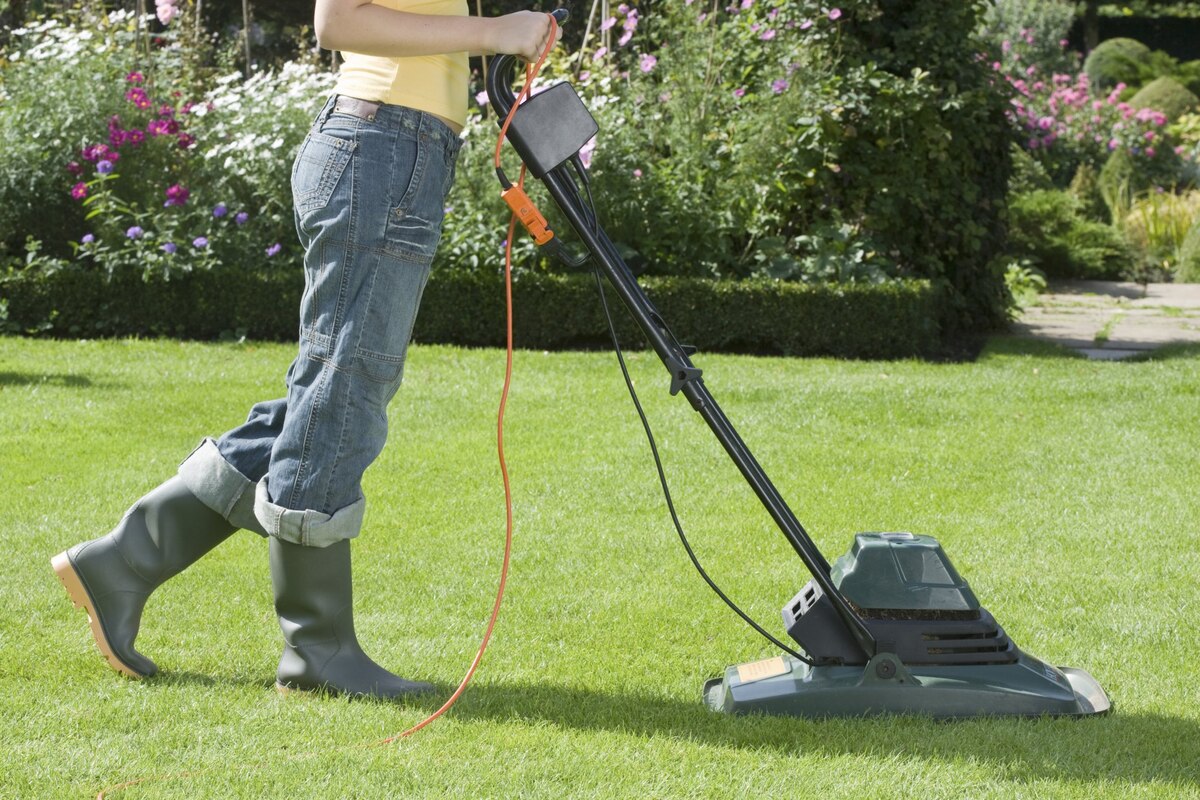
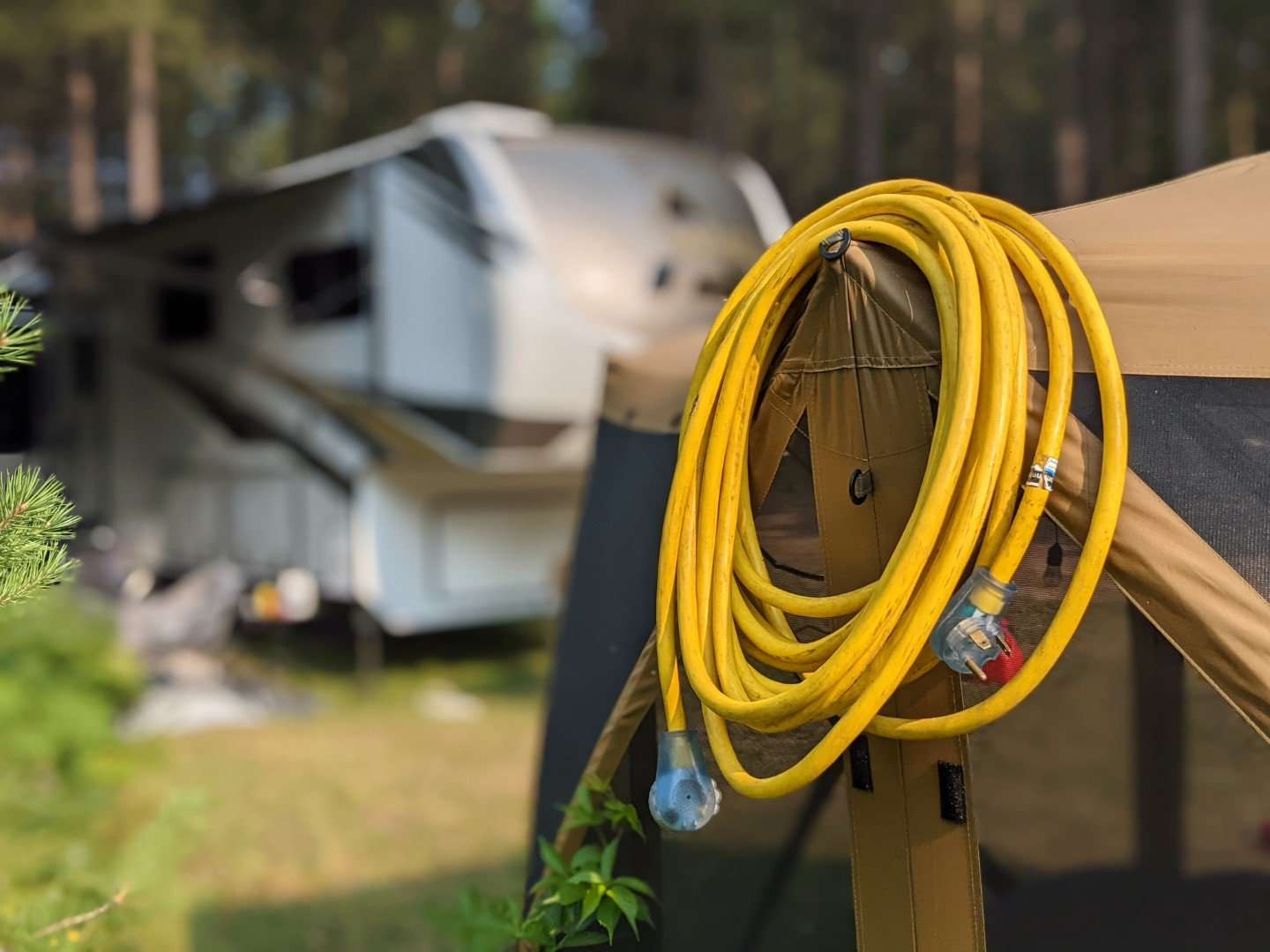
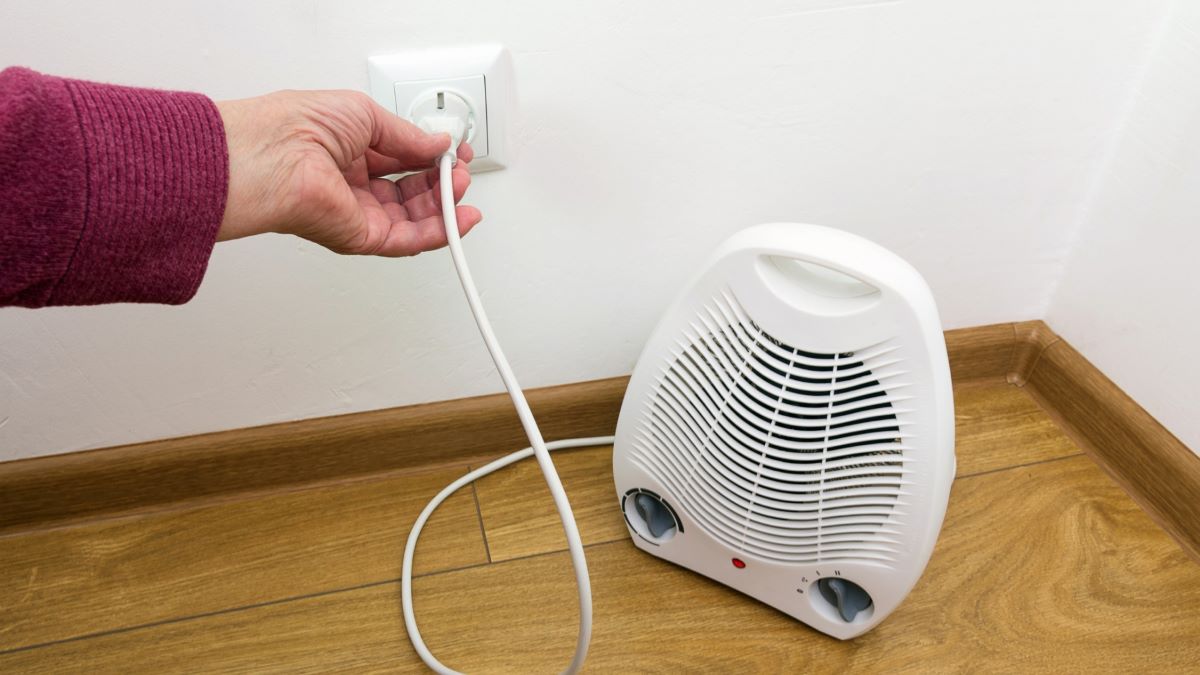
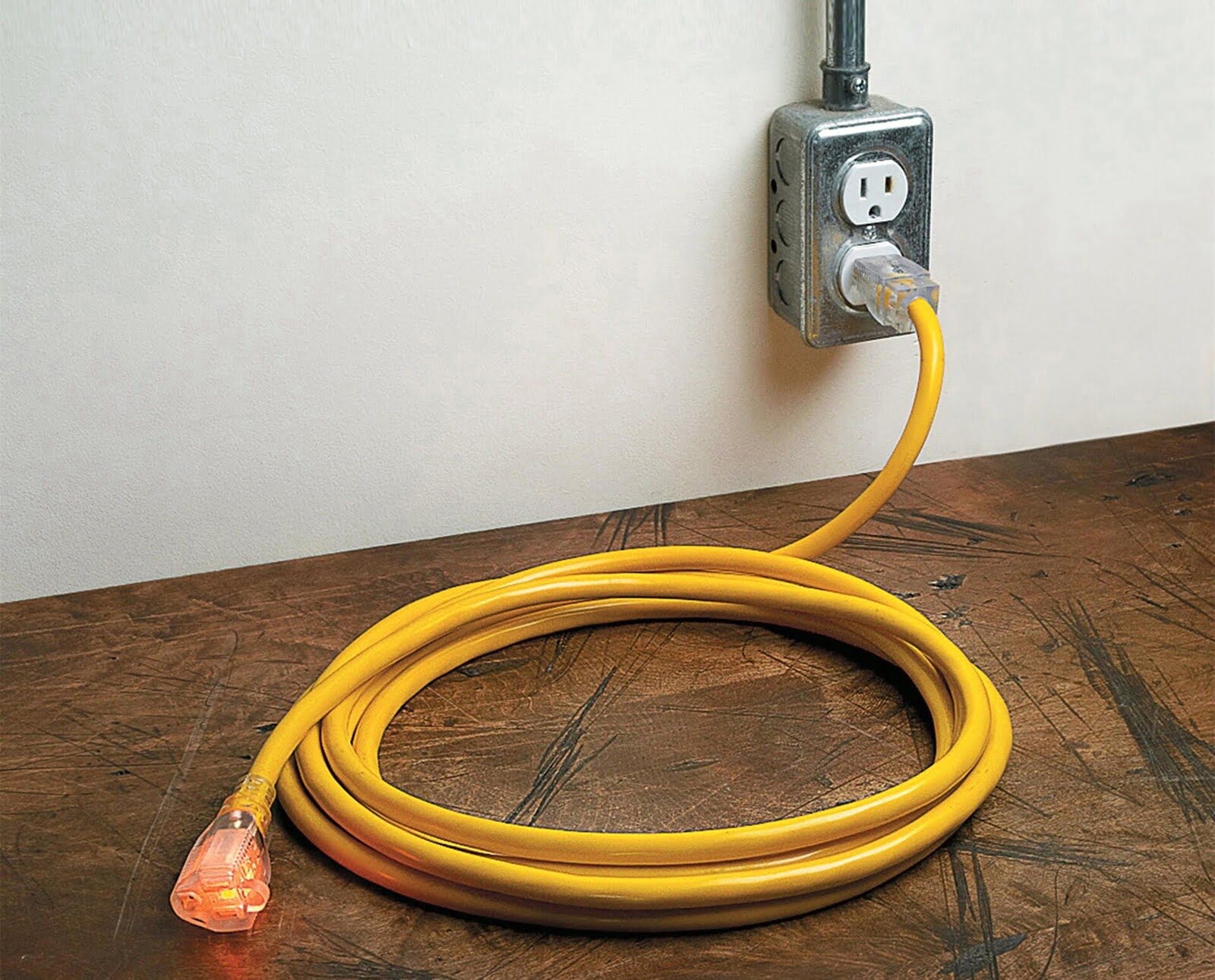
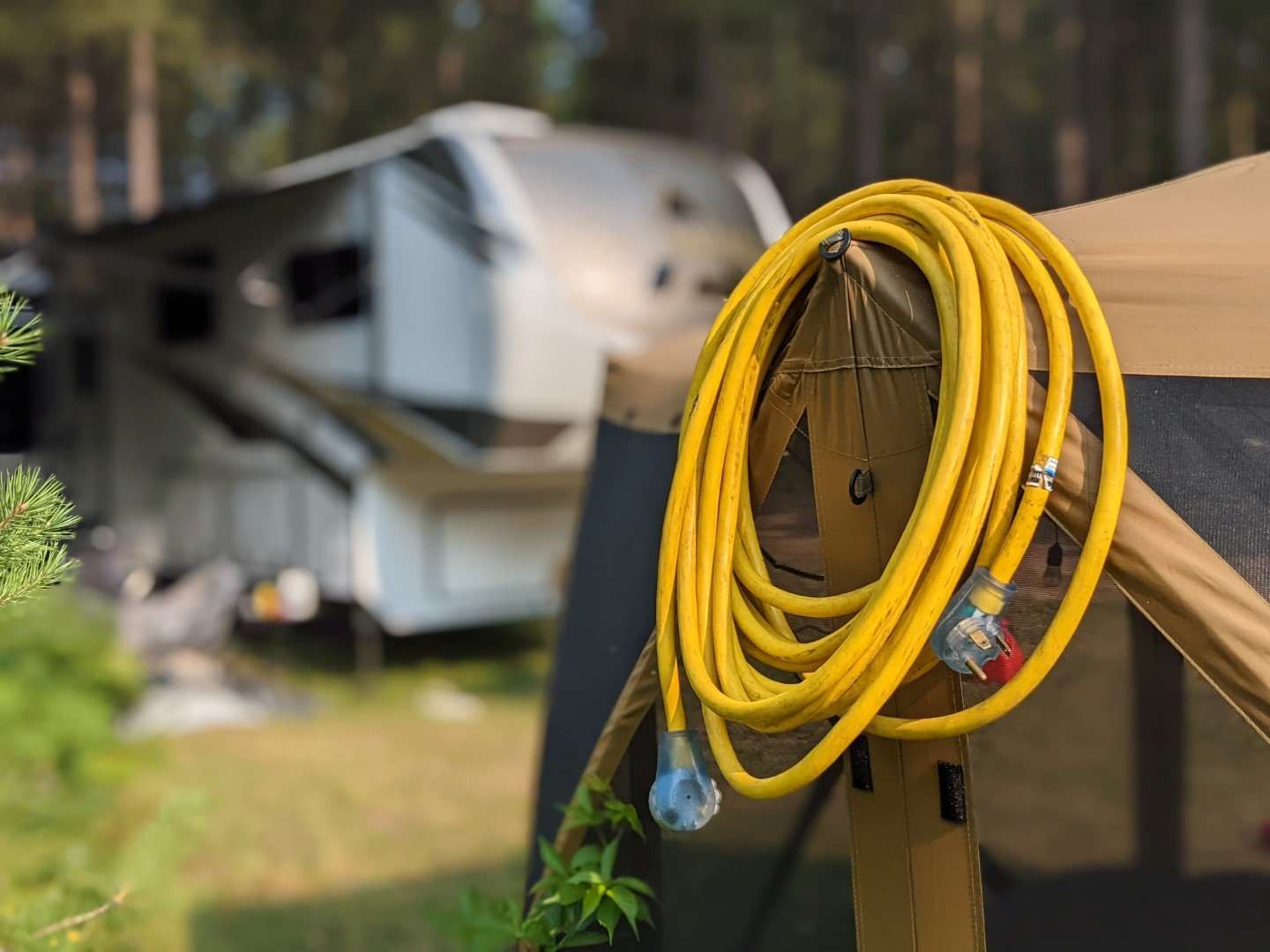
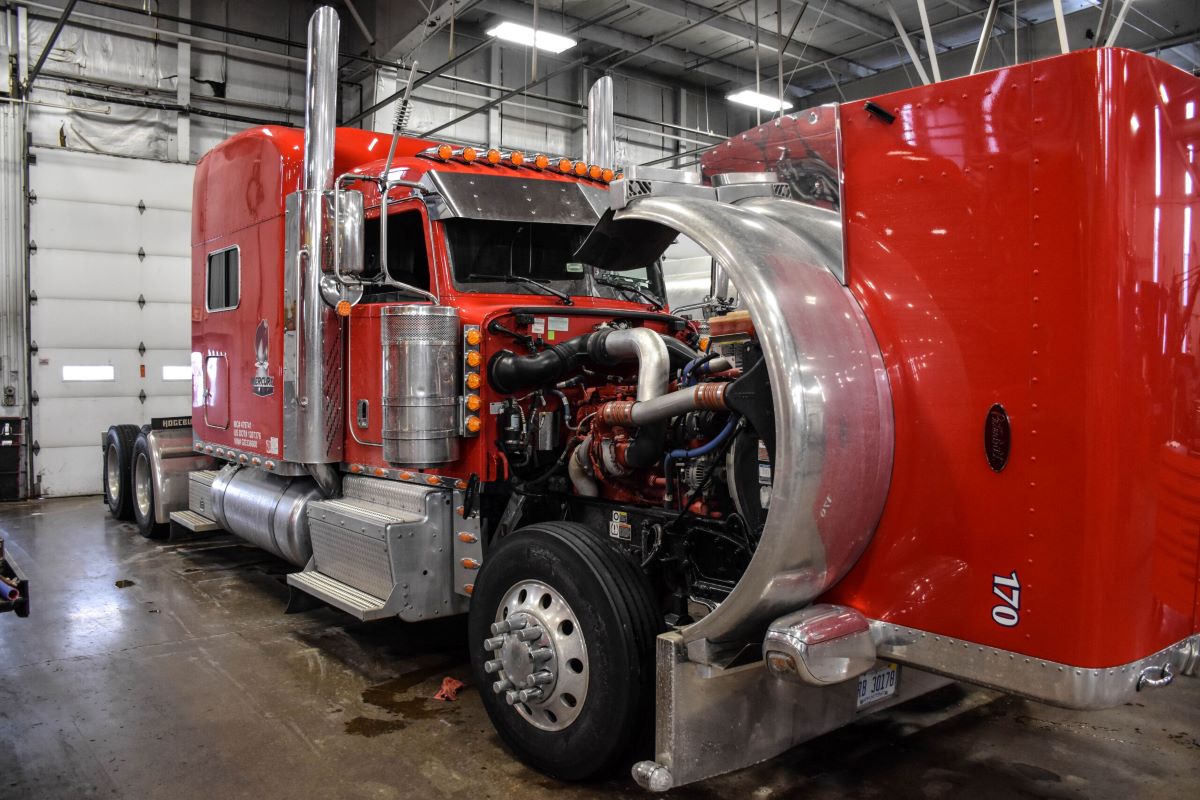
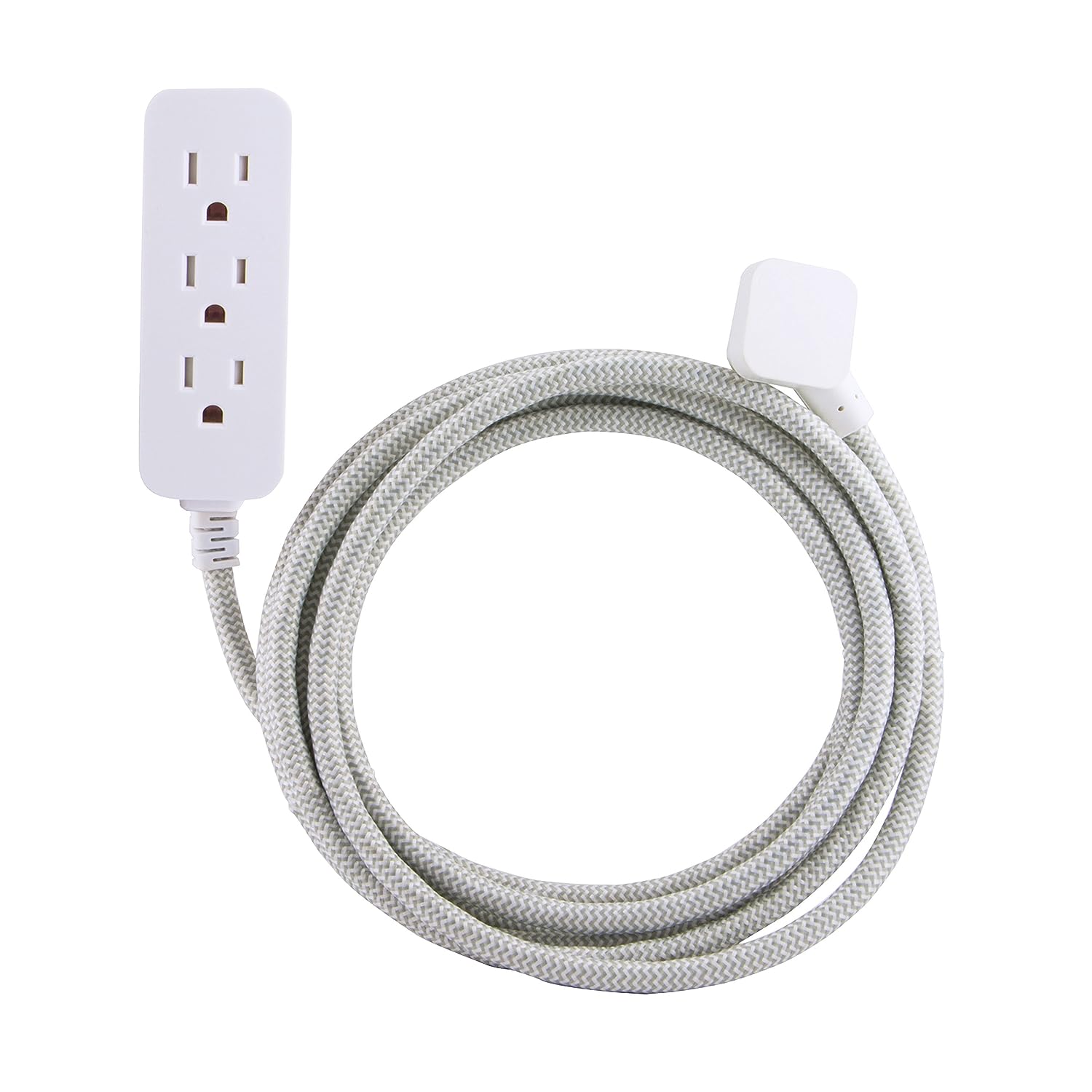
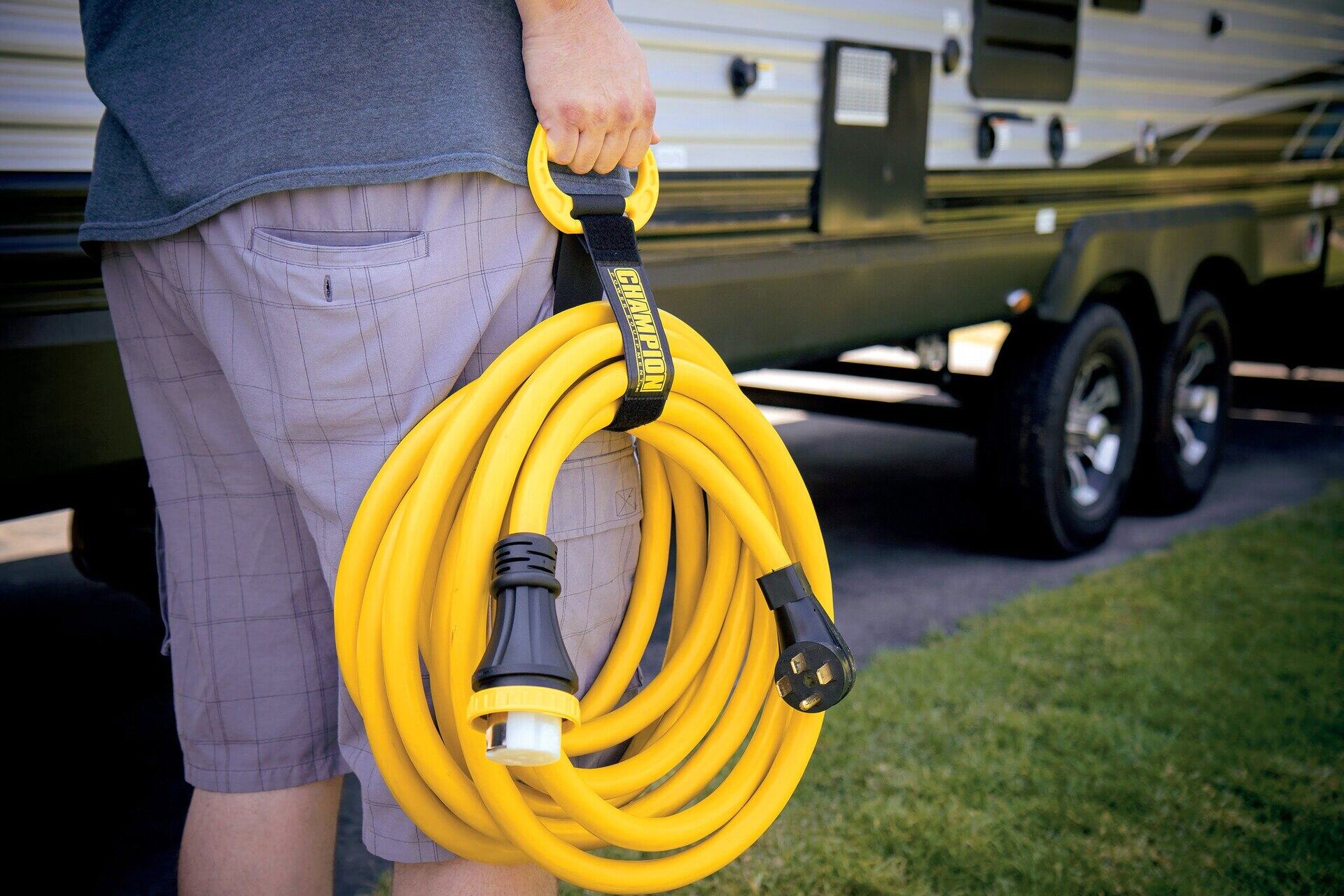
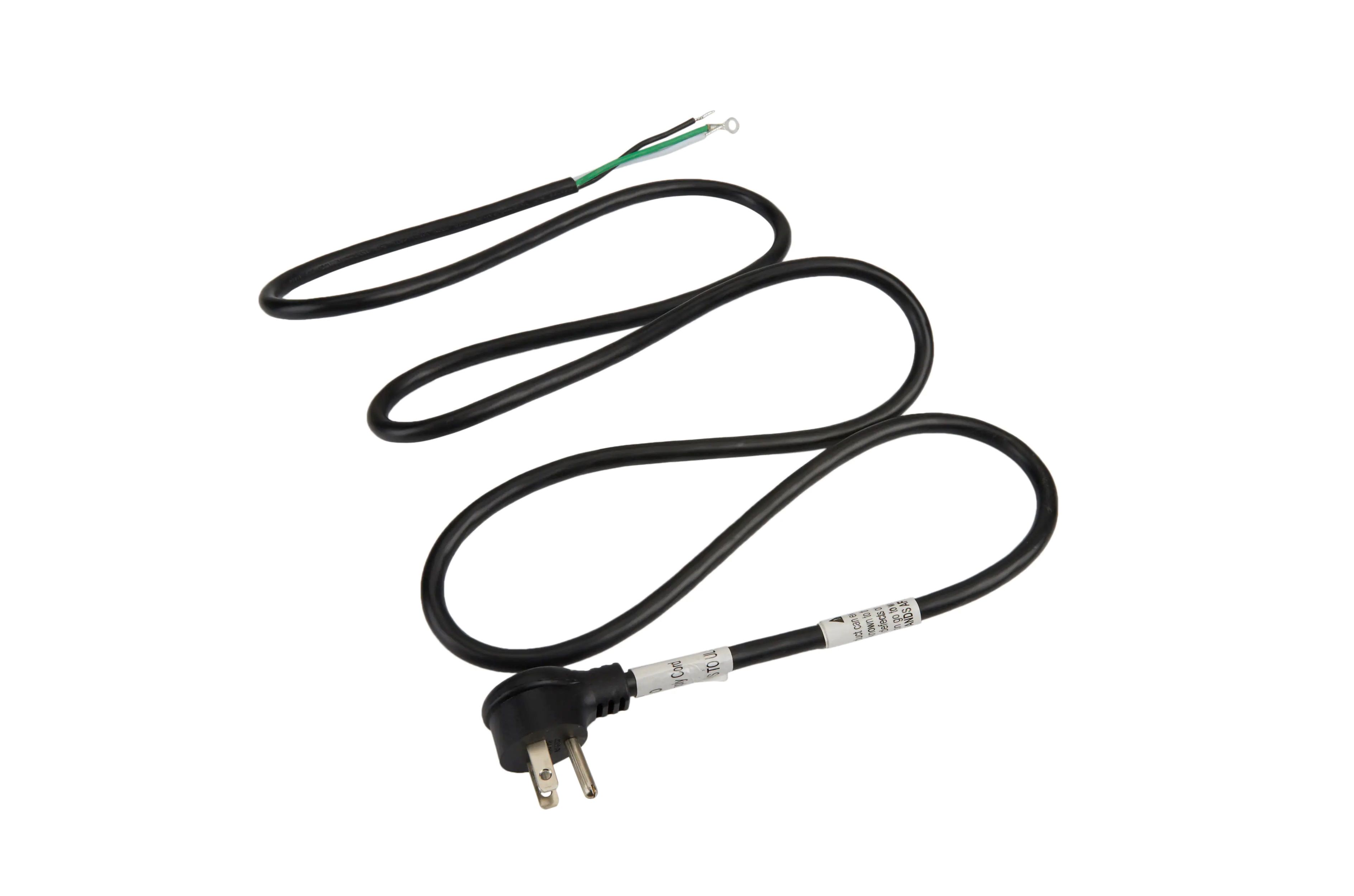

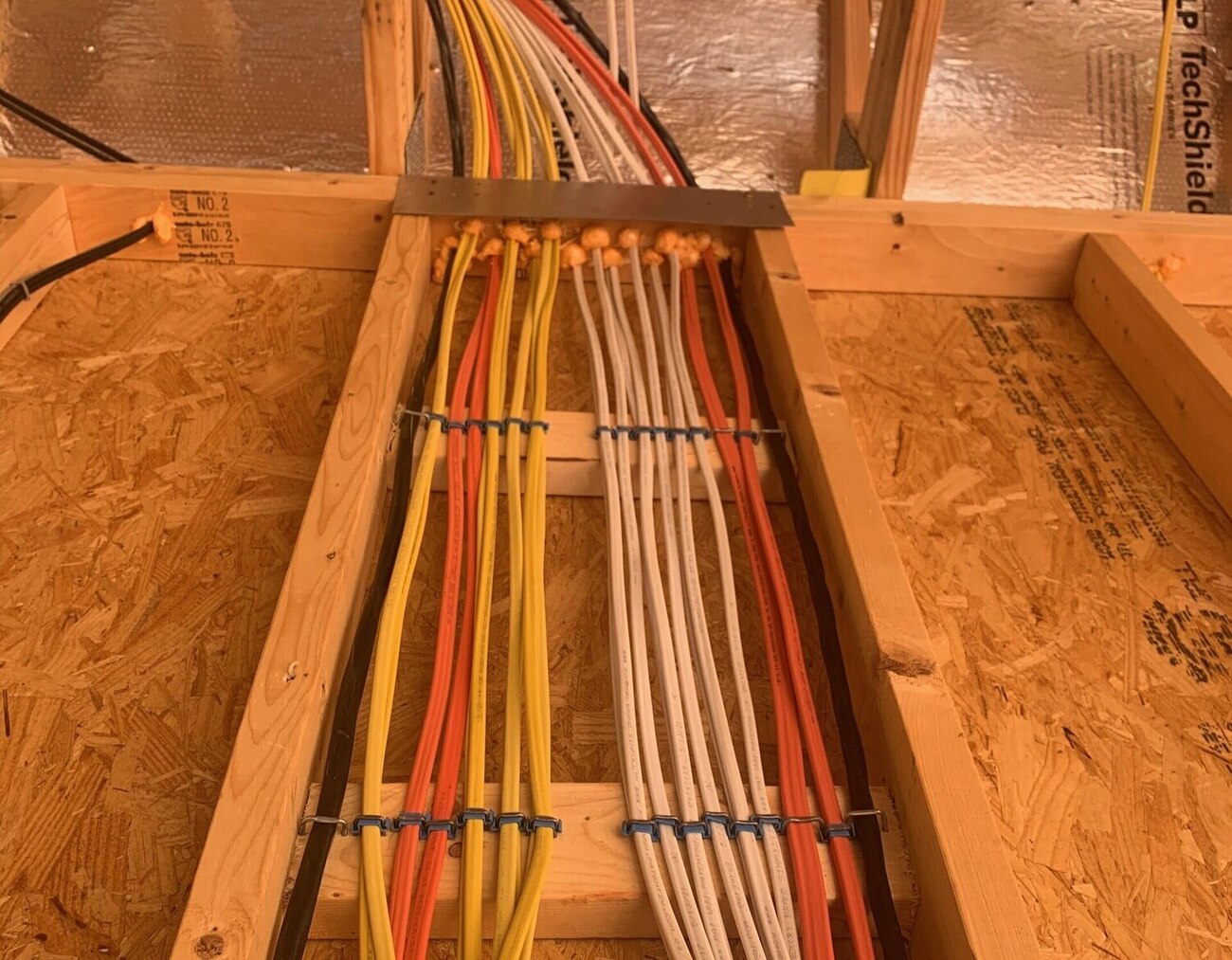
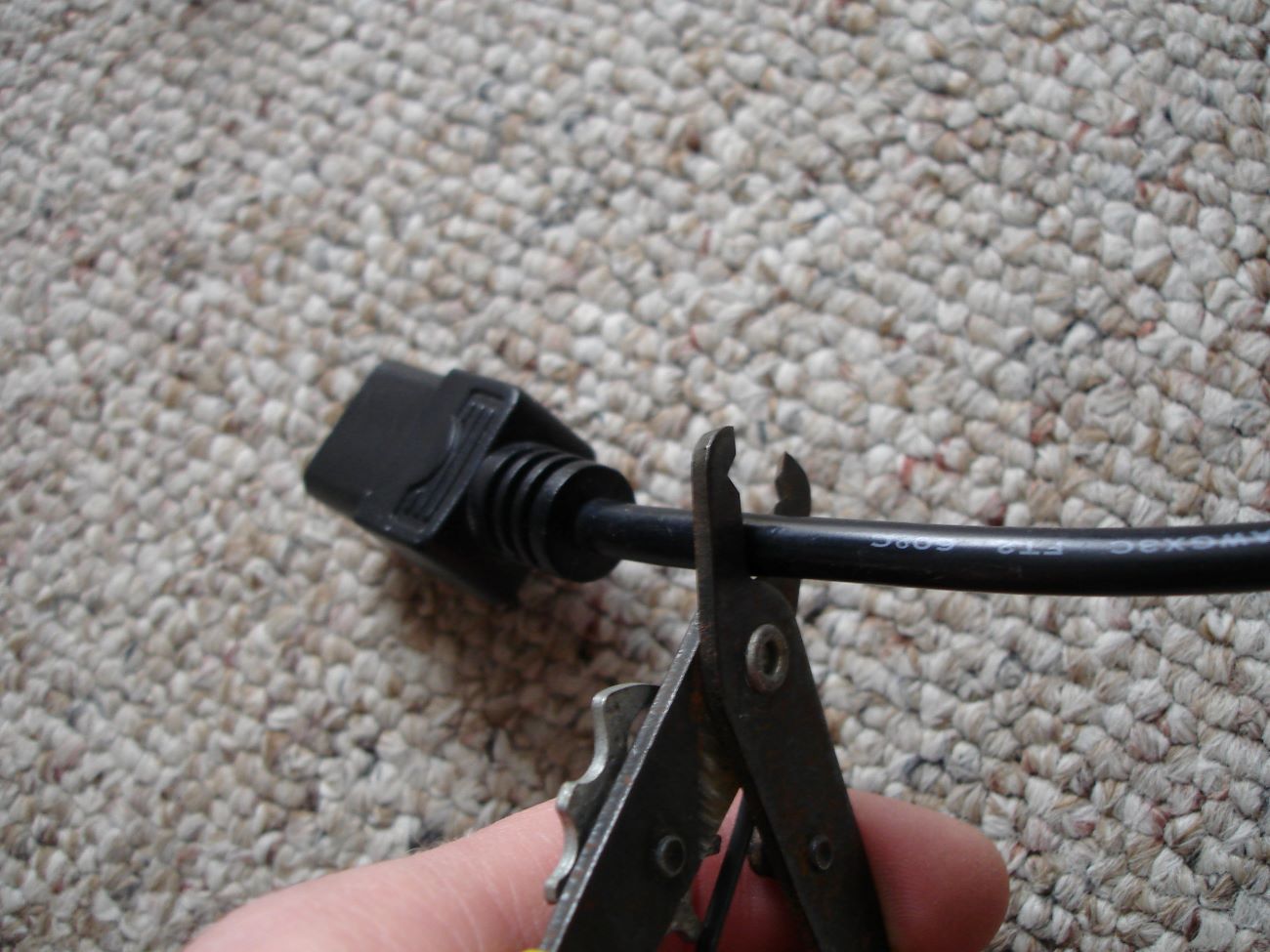
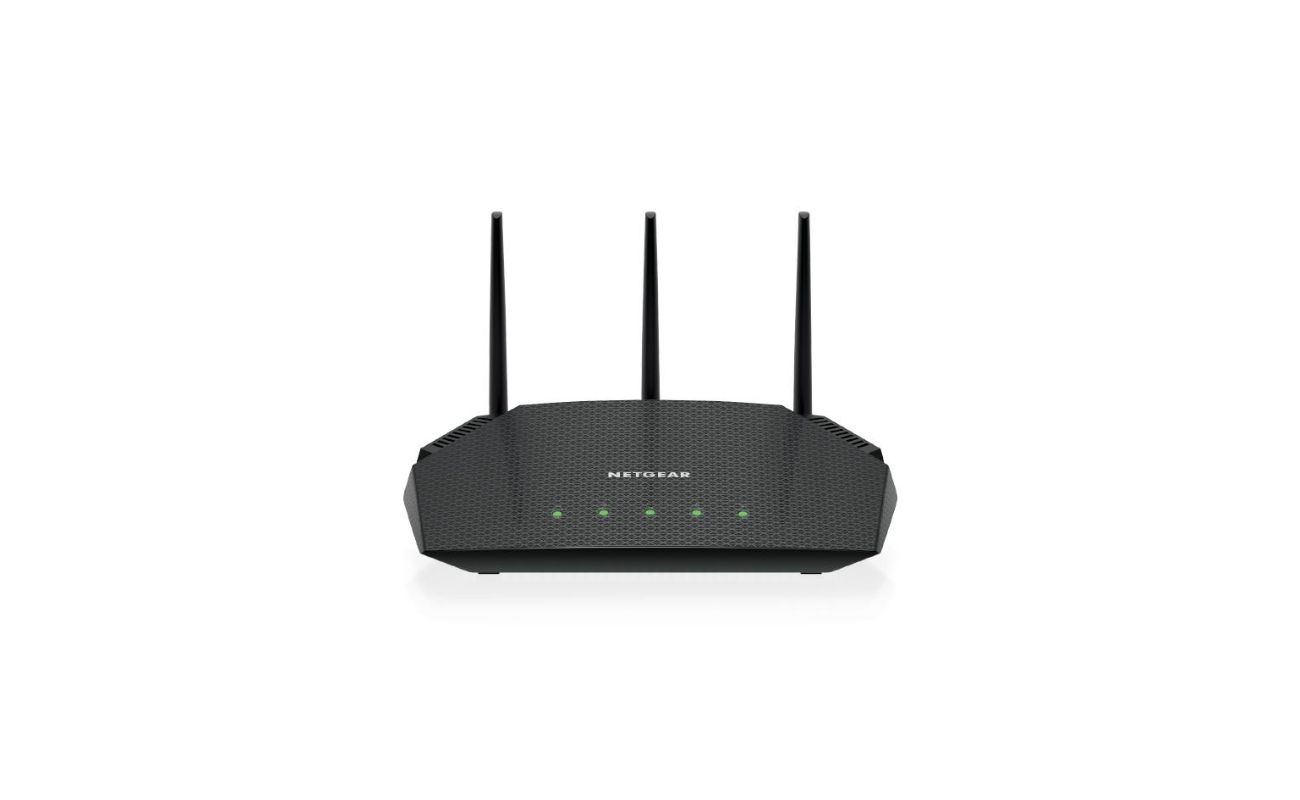


0 thoughts on “What Gauge Electrical Cord Should I Use With My Generator”